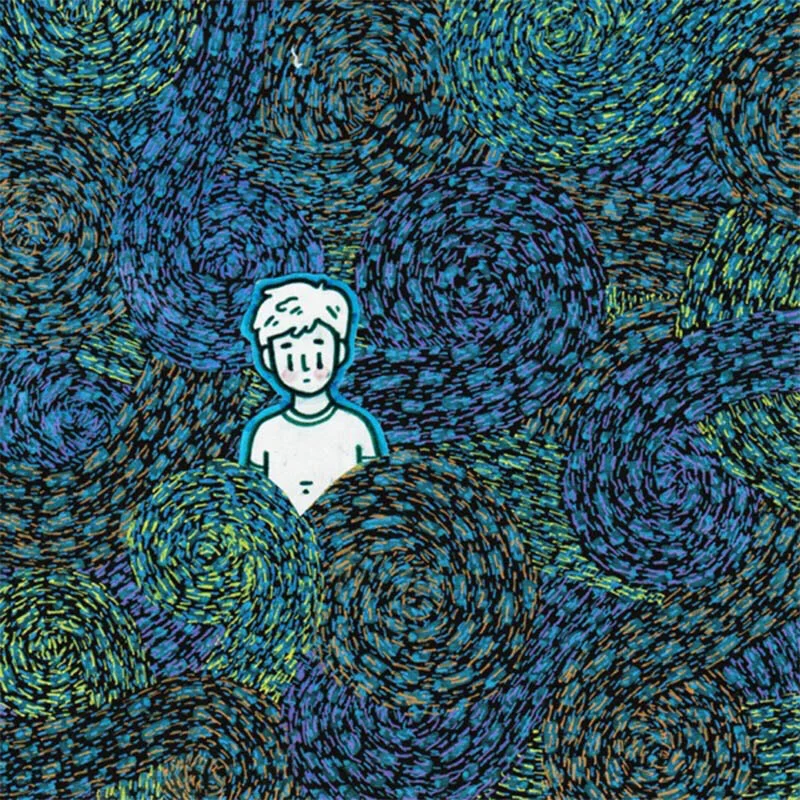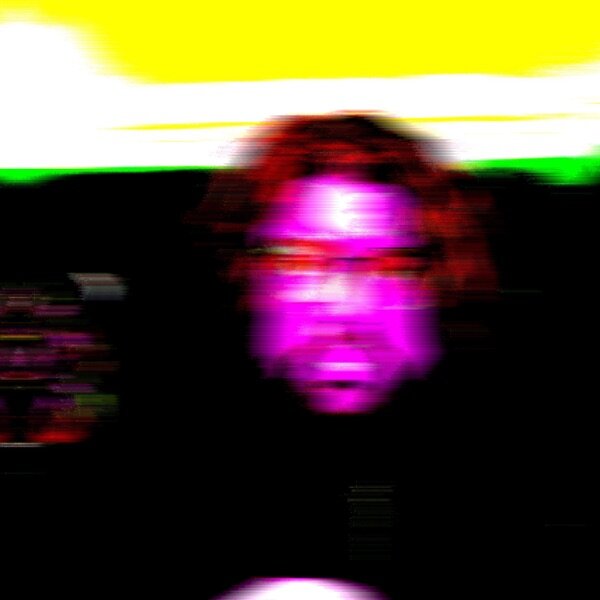Theron Lim : The Boy Who Felt Forever Blue
Theron Lim
The Boy Who Felt Forever Blue
If there is one thing that Theron Lim doesn’t lack, it’s sincerity. Brother to fellow indie rock upstart kotoji, the siblings share a foundation in conjuring magic through lo-fi glory – but while his sister’s songcraft basks in sentimental melodicism, Theron’s music takes on a decidedly widescreen path. Remaking his first album, The Boy Who Felt Forever Blue traverses tales of friendship, coming-of age and heart-on-sleeve confessionalism with ambitious, winding epics - with his suites running up to lengths of 20 minutes, he certainly can’t be faulted for a lack of trying.
Within these tracks, bold sonic references also colour Theron’s decisions – most notably stylistic homages to the overflowing and overwhelming sincerity championed by emo-experimentalists The Brave Little Abacus. Undoubtedly, their unapologetic nature makes for a good blueprint in mirroring coming-of-age in all of its messy glory – subject matter that his music shares. Yet unlike their epic masterpieces (see: Masked Dancers), Theron's ambition unfortunately becomes its fatal flaw, a crutch that holds back the great potential his music holds. Whereas his idols used their frenetic pacing and tension-building to convey a sense of adolescent awe, The Boy... comes across instead as giddily trying to fit too many ideas into single tracks – with a large chunk of these songs feeling like disparate parts, wandering off to new lands before solidifying themselves as ideas.
Often too much, Theron fails to recognise his songs’ strengths, hampering his decisions on when to hold back or double down. It's a trend that persists – an absolute shame, because within the rough hides several moments that rank amongst the most wondrous cuts Singaporean music has offered this year so far. The opening is a microcosm of this imperfection. After opening with stunning grooves and fuzzed textures that establishes its epic atmosphere, the tension soon fizzles out, as he tries his hand from funk touches, to Radiohead-like modalities, to extended verses. But none of these sections ever lock into focus until its final minutes – as poignant chords morph into an axis of building guitars, a patient build explodes into a joyous bliss, finding Microphones-like, noise rock perfection with powerfully crushed drums and triumphant horns. For a lack of a better word, these closing minutes are jaw-dropping.
Indeed, as a drummer himself, his music finds itself magical at its most energetic, whether it be when he uses his rhythms as conduits for building catharsis, or simply punctuating moments of sincere emotionalism. In Wandering Son, his epic tribute named after the coming-of-age manga Horou Musuko, that duality is apparent. While the first half struggles to find focus with low-key folk detours, it soon finds itself morphing into complete bliss at the halfway point, riding an endlessly accelerating groove charging towards the light. And without complicated structures distracting him, his melodic instincts find room to shine, as Underneath the Rocks' blissful simplicity allows it to bloom as the album’s strongest track. A resonant folk ode that glimmers with gorgeous Alex G-like warmth, jangly guitars serve as bedrock for his soaring vocal melodies, before his backbeat powerfully kicks in, punctuating his painfully melancholic refrains. As levitating synth flourishes and glockenspiel round off his reflections on summer, a undeniable glimmer of beauty reveals itself – a light that radiates obscured potential. For one willing to take such risks, one can only imagine what it’d be like if he found an editor...





